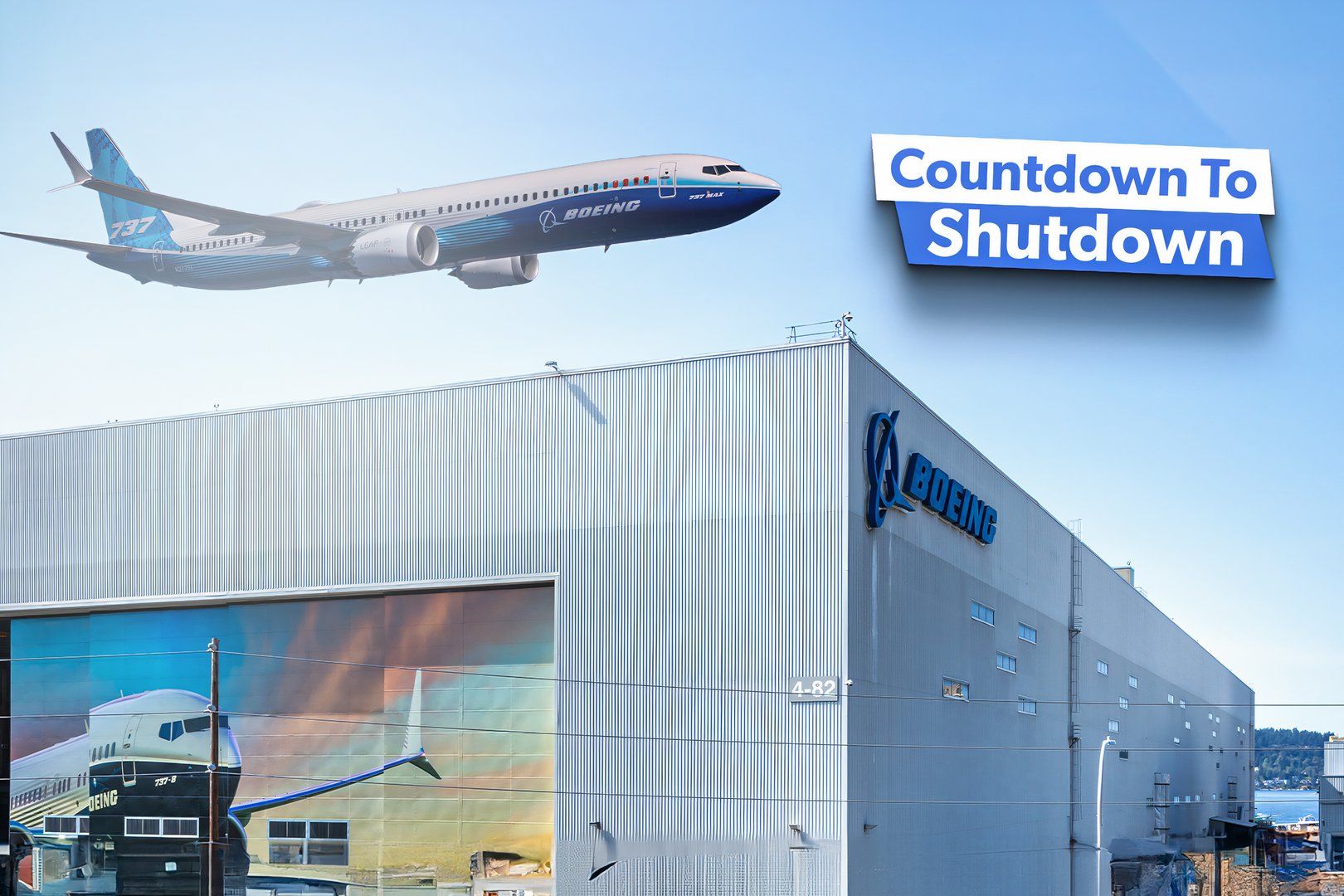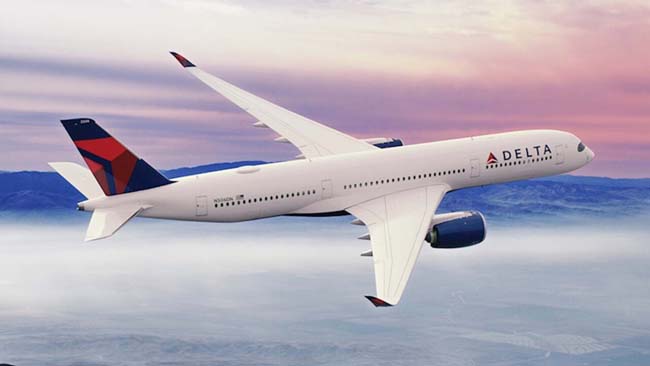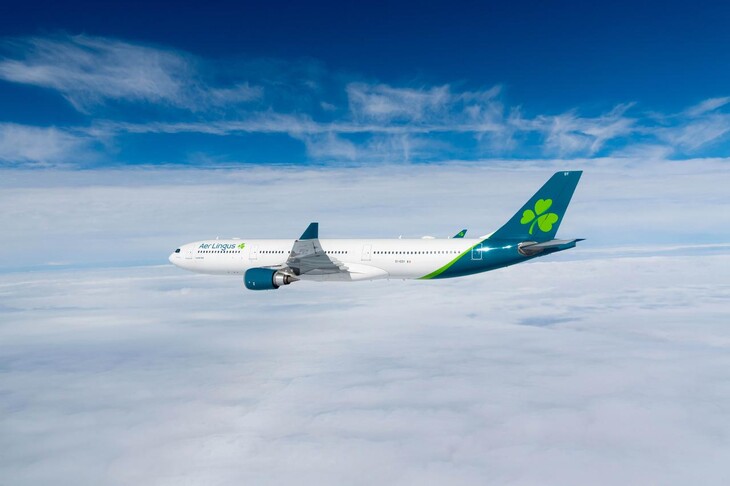Summary Boeing's weekly factory shutdowns contribute to its focus on safety and quality control. In response to safety issues, Boeing has implemented leadership changes, extensive quality control checks, and increased employee involvement. Boeing acquired Spirit AeroSystems with the aim of ensuring improved aviation safety.
Boeing is the largest aerospace company in the world. According to Statistica , the company’s 2023 revenue was US$77.8 billion.

In comparison, Airbus brought in US$70.8 billion. In recent years, however, Boeing has experienced several safety concerns and incidents.
These problems have primarily involved its 737 MAX aircraft, but other production issues have occurred with the 787 . In response to these incidents and the negative press surrounding them, Boeing has implemented several major changes. While many of these adjustments have been made very public, such as replacing its president and CEO this year, others are less known.
Simple Flying’s Jonathan Hardy attended recent sessions at Boeing, where representatives discussed some of the new policy changes and explained how they hoped to ensure safety and product control moving forward. One interesting revelation from the sessions is that Boeing implements weekly factory shutdowns to hold employee feedback sessions, provide additional or modified training, and allow for in-depth quality control inspections. Other recent changes, such as acquiring Spirit AeroSystems, were also discussed.
Weekly shutdowns Boeing hosted recent presentations to discuss its continued focus on safety and quality control. Simple Flying’s Jonathan Hendry attended these talks, which provided valuable insight into how the leading aerospace manufacturer has been working to renew its trustworthiness and maintain its high safety standards. The conversations between leading Boeing representatives emphasized the importance of continuous improvement.
As part of this mindset, Boeing has implemented weekly factory shutdowns to allow for in-depth quality control inspections, provide training, and host employee feedback sessions. Speakers revealed that employees can attend weekly meetings to provide input on their work, suggest solutions to problems, and share any concerns. Boeing explained that these sessions further the company’s goals of ensuring safety and top-quality products.
A previous session with Boeing provided more information about these weekly shutdowns. As recorded in the Simple Flying transcripts of a June session, Patrick Johnson, the Senior Manager of Production Engineering at Boeing, stated: “What we did is we actually gave them an hour a week where they get to step off of the airplane and come together as a team with all of the support organizations,” An example of how these regular meetings are used is a weekly column highlighting the issues raised. Employee teams and support groups work together to find solutions to problems, and their work is shared with the entire company.
Boeing hopes this will encourage continuous improvement among all workers and provide a sense of community. The recent sessions also showed the importance of strong leadership. Boeing representatives emphasized constructive and active leadership as crucial in creating a positive work environment.
Safety and quality control Since its founding in 1916, Boeing has been known for creating some of the most reliable and widely flown aircraft in the skies. The company even sported a popular slogan (several variations exist) that was known and loved by aviation enthusiasts worldwide: “If it ain’t Boeing, I ain’t going.” In recent years, however, several safety incidents involving 737 MAX aircraft have led to concerns and hesitations to board Boeing aircraft.
The love for the manufacturer seems to have faded drastically, and even infrequent travelers without ties to aviation have expressed opinions about the company. According to the sessions hosted by Boeing, the growing worries surrounding these incidents have not gone unnoticed. Significant leadership changes have been implemented, chiefly the replacement of President and CEO Dave Calhoun this month.
Additionally, Boeing has changed how it approaches issues and is making efforts to involve employees more. Kelly Ortberg began working as the chief executive of Boeing on August 8. Read here to learn more about the final assembly stages of a 737 MAX.
Simple Flying’s transcripts of the recent conversations reveal that media scrutiny has affected the morale of many employees. Boeing has been working hard to not only clear its name in the public perception but also to renew its employees’ faith and commitment to its cause. One Boeing representative talked about her efforts to foster a positive attitude and remind employees that the negative media does not represent Boeing as a whole.
According to Simple Flying’s transcripts, she tells employees every day: “You work for the headlines that no one will ever say.” She explains that she works to remind employees that they are essential in producing quality products and implementing important decisions. She continues to say that she can think of "dozens of examples from recent weeks" where employees' decisions to "put quality first" have resulted in "top of the line" products, but these events will "never get published.
" Acquiring Spirit AeroSystems One of Boeing’s major steps toward ensuring improved safety and quality control is its acquisition of Spirit AeroSystems, the makers of the Boeing 737 fuselages. Last year, Spirit was found to be responsible for a manufacturing issue resulting in improperly drilled holes on certain models of the 737 MAX. According to Boeing’s announcement last month , the merger is an all-stock transaction at an equity value of around US$4.
7 billion, or $37.25 per share. Both Boeing and Spirit expressed excitement over the deal and discussed how they feel it will benefit all parties.
The merger is hoped to accomplish several goals: Demonstrate Boeing’s commitment to aviation safety and improve commercial aircraft quality Leverage Boeing’s engineering and manufacturing capabilities Maintain continuity for key US defense and national security programs Support supply chain stability and critical manufacturing workforce Provide long-term value for commercial and defense customers, employees, and shareholders Former Boeing President and CEO Dave Calhoun remarked on the merger. He expressed his confidence in its benefits for airlines, customers, shareholders, and employees, per Boeing . "By reintegrating Spirit, we can fully align our commercial production systems, including our Safety and Quality Management Systems, and our workforce to the same priorities, incentives, and outcomes – centered on safety and quality.
" Boeing is in the final stages of acquiring its once-owned sites in Wichita, Kansas, which have been operating as Spirit AeroSystems..



















